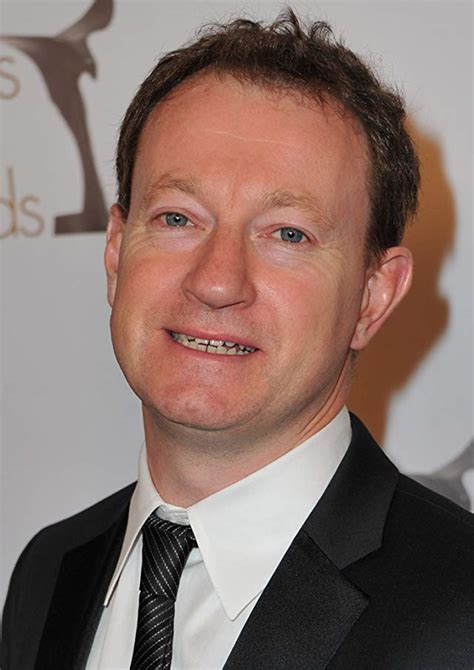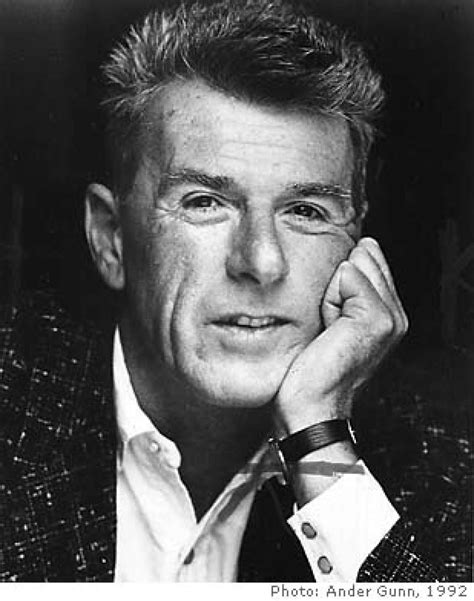A Quote by Samuel West
Shakespeare I love, but for an English graduate, I'm incredibly badly read.
Quote Topics
Related Quotes
I'd studied English literature and American history, but the English literature, which I thought was going to be helpful to me in an immediate way, was the opposite. So I had to un-think a lot of things and move out of my own head, and I learned a lot. It was like graduate school, but an un-graduate school or an un-school.
I read everything. I'll read a John Grisham novel, I'll sit and read a whole book of poems by Maya Angelou, or I'll just read some Mary Oliver - this is a book that was given to me for Christmas. No particular genre. And I read in French, and I read in German, and I read in English. I love to see how other people use language.
Shakespeare's always been sitting on my back, since I began reading. And, certainly, as a writer, he's who I hear all the time. And he's almost indistinguishable now from the English language. I have no sense of what Shakespeare is like. I have no sense of the personality that is Shakespeare. I think, alone among writers, I don't know who he is.
I read everything I could find in English - Twain, Henry James, Hemingway, really everything. And then after a while I started writing shorter pieces in English, and one of them got published in a literary magazine and that's how it got started. After that, graduate school didn't seem very important.
Shakespeare is absolutely big in Africa. I guess he's big everywhere. Growing up, Shakespeare was the thing. You'd learn monologues and you'd recite them. And just like hip-hop, it made you feel like you knew how to speak English really well. You had a mastery of the English language to some extent.
I learned to stop being English about things like love. If you make a film in England about love, it's hugely complicated. It's all about saying what the weather is like, and you're secretly telling someone you love them. You know what the English are like; they're very repressed people. You don't get that in India. India is incredibly un-cynical about love. It's a not a complicated thing. It's me, you, love. Let's go.
The larger an English industry was, the more likely it was to go bankrupt, because the English were not naturally corporate people; they disliked working for others and they seemed to resent taking orders. On the whole, directors were treated absurdly well, and workers badly, and most industries were weakened by class suspicion and false economies and cynicism. But the same qualities that made English people seem stubborn and secretive made them, face to face, reliable and true to their word. I thought: The English do small things well and big things badly.




































